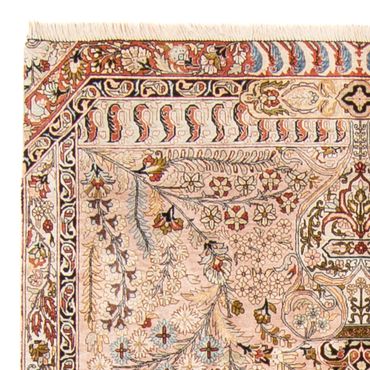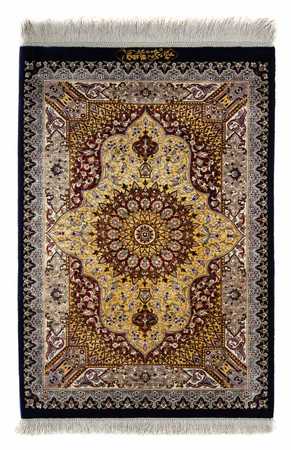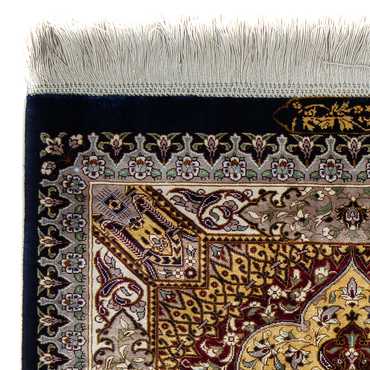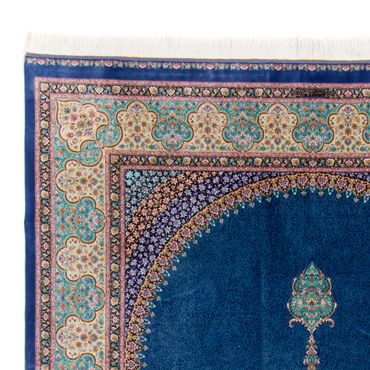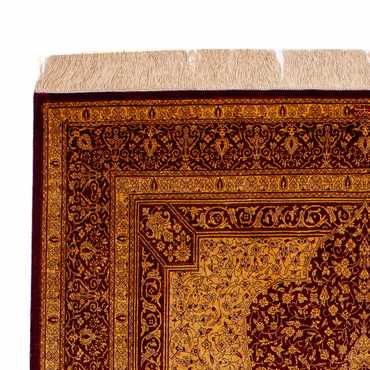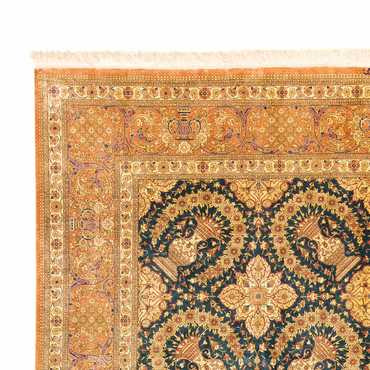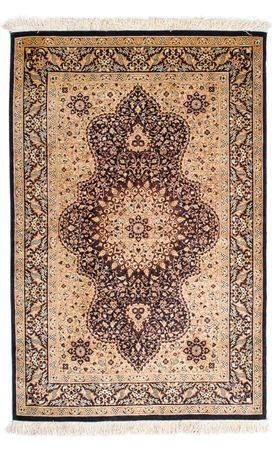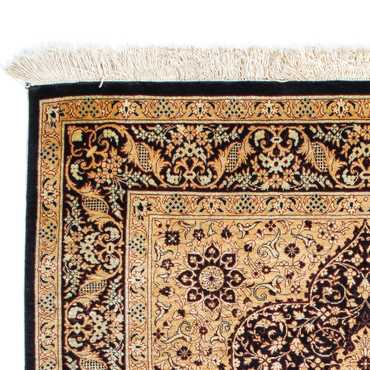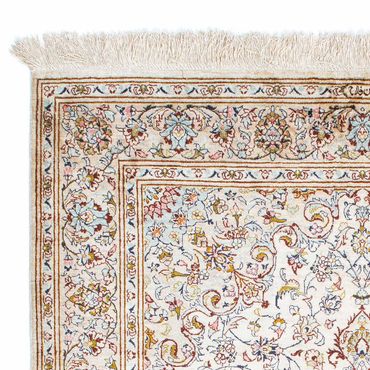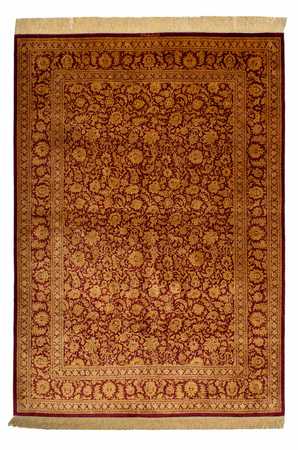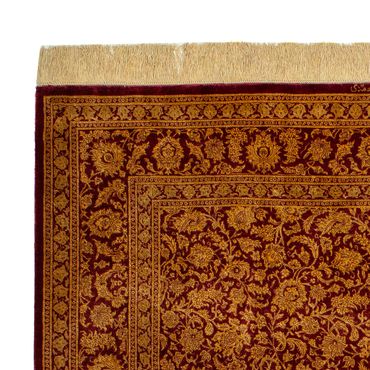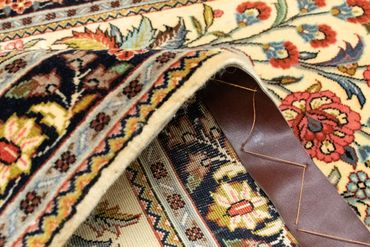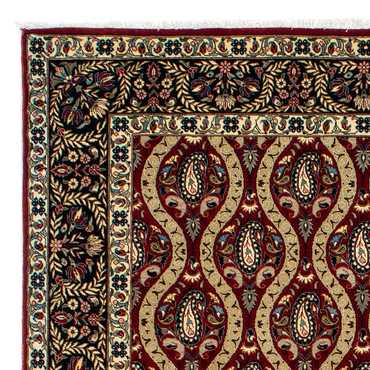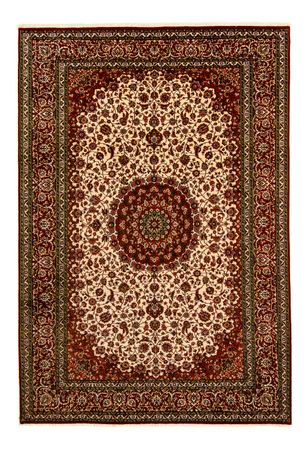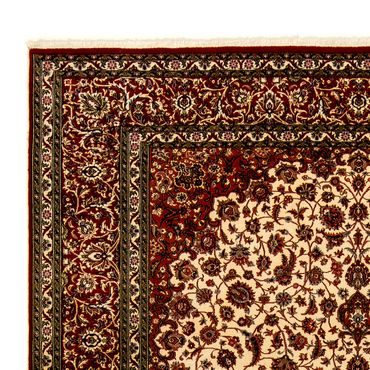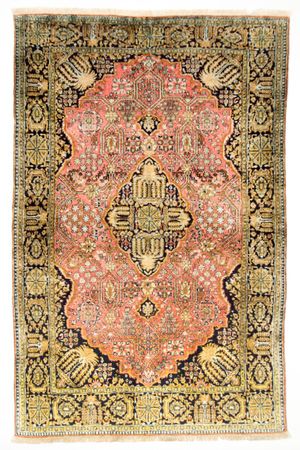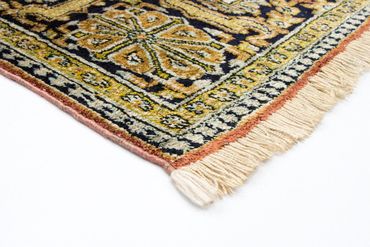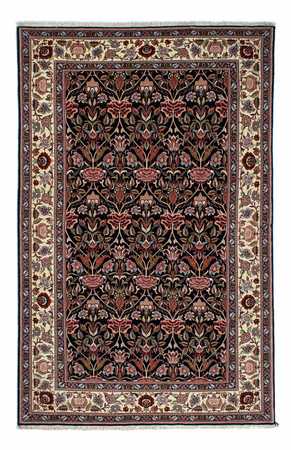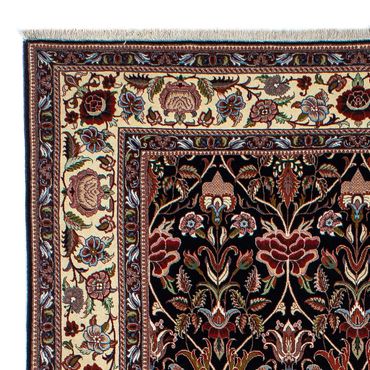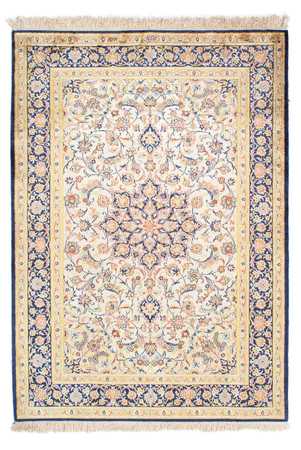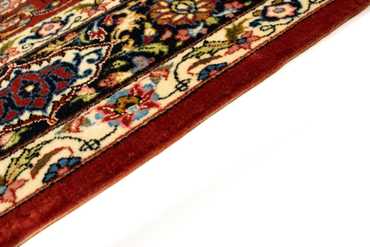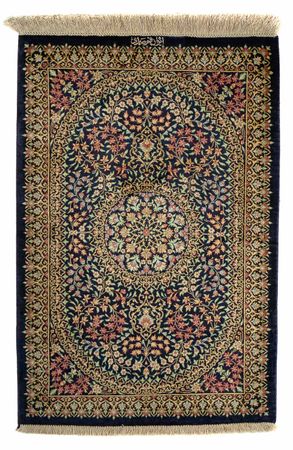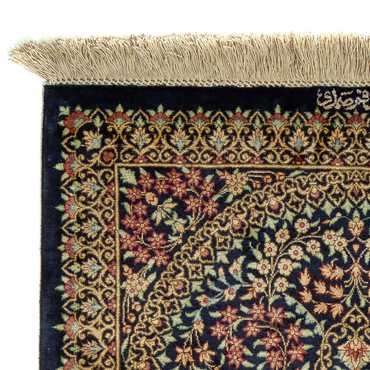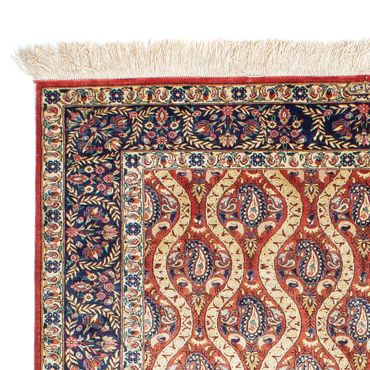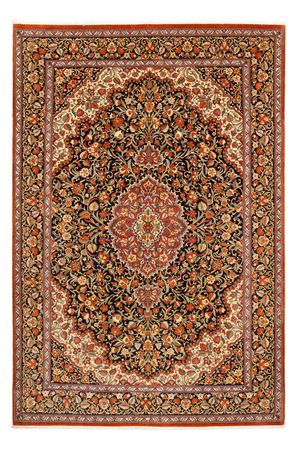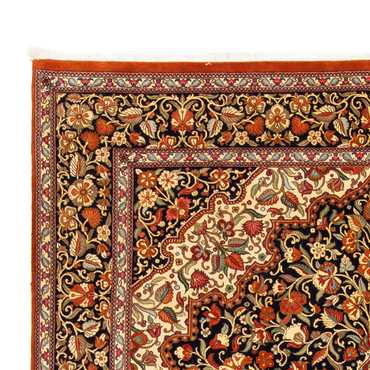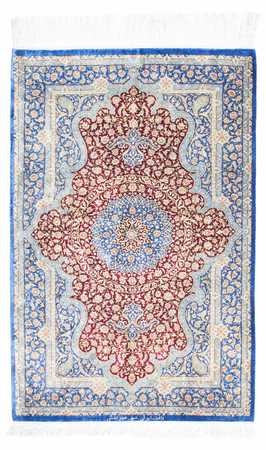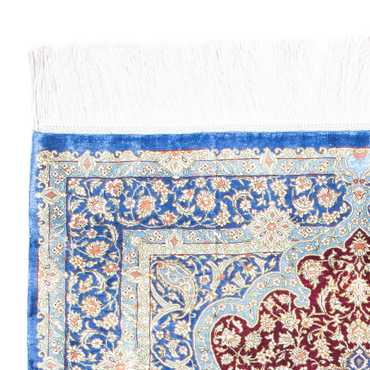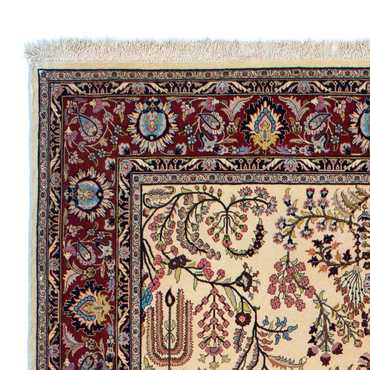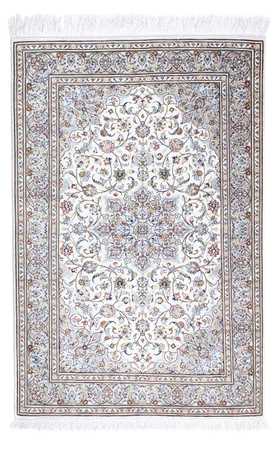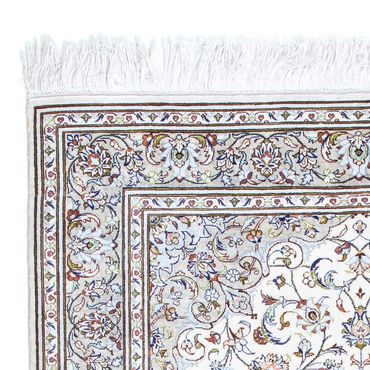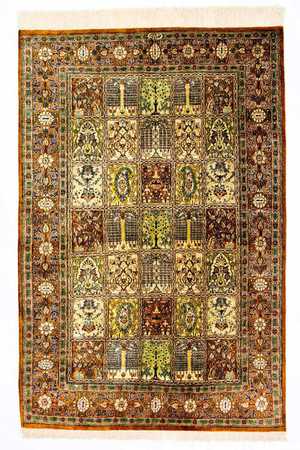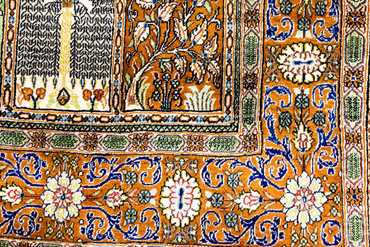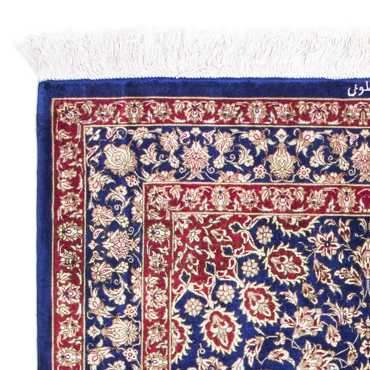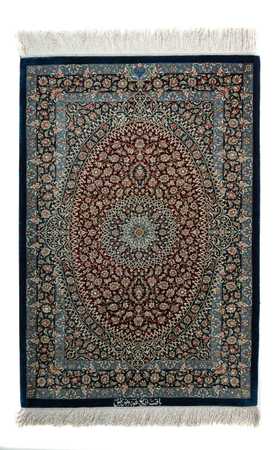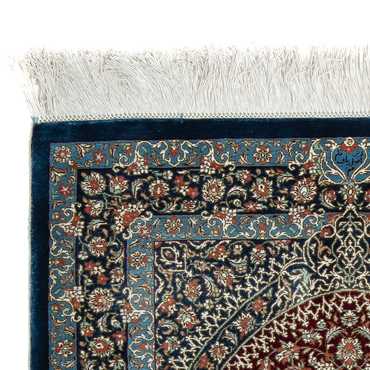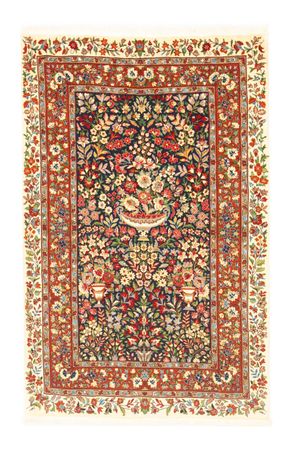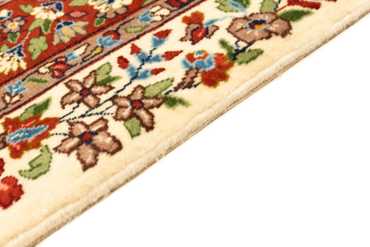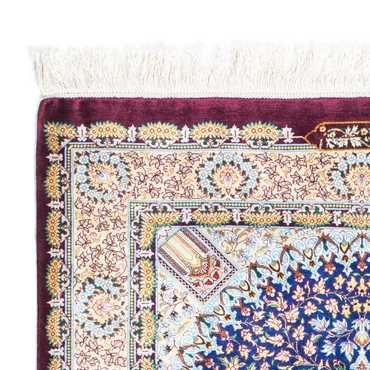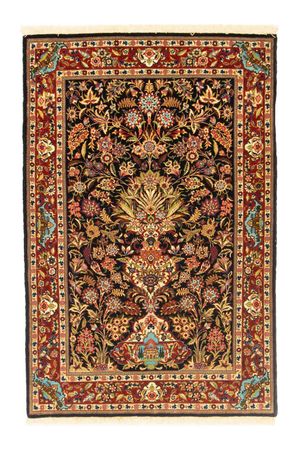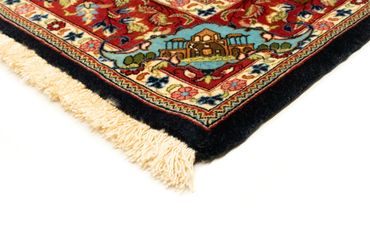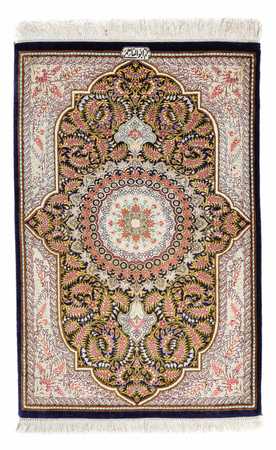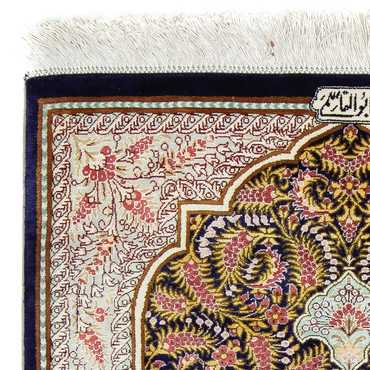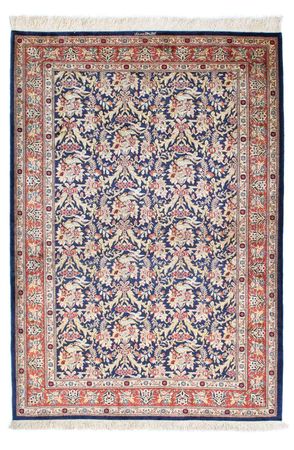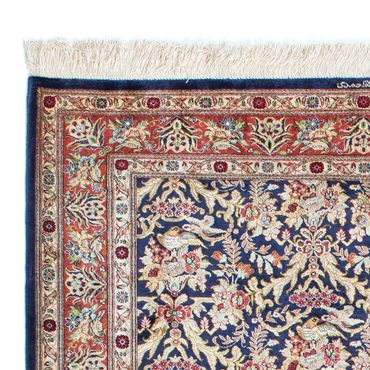Ghom Rugs
(575 Rugs)
Discover the epitome of luxury and elegance with Ghom rugs, renowned for their exquisite craftsmanship and opulent designs.
- Perser Rug - Ghom -
324 x 19820,153 US$
-
- Perser Rug - Ghom -
87 x 592,277 US$
-
- Perser Rug - Ghom -
300 x 2007,629 US$
-
- Perser Rug - Ghom -
300 x 19618,459 US$
-
- Perser Rug - Ghom -
118 x 783,154 US$
-
- Perser Rug - Ghom -
147 x 1003,994 US$
-
- Silk Rug - Ghom Silk - Premium -
216 x 1326,586 US$11,865 US$
-
- Perser Rug - Ghom -
115 x 73733 US$1,436 US$
-
- Perser Rug - Ghom -
207 x 1403,708 US$
-
- Perser Rug - Ghom -
358 x 2446,225 US$
-
- Silk Rug - Kayseri -
169 x 1056,782 US$
-
- Perser Rug - Ghom -
210 x 1325,306 US$
-
- Perser Rug - Ghom -
152 x 1024,212 US$
-
- Perser Rug - Ghom -
148 x 1023,676 US$
-
- Perser Rug - Ghom -
91 x 612,499 US$
-
- Perser Rug - Ghom -
150 x 983,994 US$
-
- Perser Rug - Ghom -
305 x 2125,986 US$
-
- Perser Rug - Ghom -
117 x 783,492 US$
-
- Perser Rug - Ghom -
207 x 1425,163 US$
-
- Perser Rug - Ghom -
121 x 803,413 US$
-
- Perser Rug - Ghom -
117 x 783,120 US$5,763 US$
-
- Perser Rug - Ghom -
89 x 592,366 US$
-
- Perser Rug - Ghom -
163 x 1031,736 US$
-
- Perser Rug - Ghom -
117 x 793,154 US$5,899 US$
-
- Perser Rug - Ghom -
156 x 1023,518 US$
-
- Perser Rug - Ghom -
93 x 592,438 US$
-
- Perser Rug - Ghom -
154 x 1034,320 US$7,883 US$
-
Ghom Rugs: The Pinnacle of Craftsmanship and Elegance
Ghom rugs originate from the holy Iranian city of Ghom, where the ancient tradition of rug weaving has thrived for centuries. With the city's mosque serving as a major Shiite pilgrimage site, Ghom rugs carry not only a rich cultural heritage but also exquisite craftsmanship. Each rug tells a unique story, reflecting the soul of the weaver and the values of the province. In this article, we will delve into the world of Ghom rugs, exploring their captivating patterns, the exclusive ambiance they create, and their distinct features and characteristics.
Rug Patterns - Tradition Meets Passion
When you immerse yourself in the world of Ghom rugs, you enter a realm where tradition meets passion. Every Ghom rug pattern resembles a painting, intricately woven and possessing its own distinctive charm. The pattern is the defining feature of a Ghom rug, fusing the traditional knotting techniques of the province with the fervor of the weaver. It is a testament to the weaver's dedication that a single specimen can take up to four years to complete. Weavers are provided with a design template that is specific to the province, which they follow diligently. This template is usually used only once and then subject to variation, making each Ghom rug truly one-of-a-kind.
Create an Exclusive Ambiance with Ghom Rugs
Ghom rugs, along with other oriental rugs, have the power to enrich the interior of your home in a truly exclusive way. Hand-knotted rugs from Ghom can be complemented by silk rugs from Kashmir and Hereke rugs, which also boast global recognition and are rooted in ancient traditions. The motifs and color compositions of these rugs trace their origins back to the 16th-century Mughal dynasty, which once ruled the city of Izmit on the Gulf shore. It was there that Turkish rug weavers honed their craft, adorning the rugs with traditional Ottoman patterns and motifs. Beyond their function as wall or floor coverings, hand-knotted rugs are timeless pieces that bear witness to a culture steeped in thousands of years of history. They reflect the unique play of colors inspired by ideas and thoughts that have been passed down through generations. Transform your rooms with an oriental ambiance by ordering these rugs and adding a touch of elegance to your space.
Decorative Wall Accessory or Floor Eye-Catcher
When considering the placement of a Ghom rug, it is best to lay it out in a dry, moderately lit, and less frequented room. Alternatively, you can opt to hang the rug on the wall, transforming it into a captivating decorative accessory. These handmade unique pieces may not be suitable for high-traffic areas like hallways, as they require delicate care. They should not be constantly shifted under table or chair legs. It is important to maintain a balanced room climate for Ghom rugs, as excessive dryness, heat, direct sunlight, or excessive moisture can harm their delicate fibers. With optimal conditions, these rugs will retain their graceful allure as an oriental accessory for an extended period.
Features and Characteristics of Ghom Rugs
Ghom rugs are distinguished by their exquisite craftsmanship and the use of sublime, nuanced silk threads with the highest knot density. Some rugs feature up to two million knots per square meter, showcasing the meticulous artistry that goes into their creation. This exceptional level of craftsmanship sets Ghom rugs apart from other oriental rugs and has become a standard revered by rug weavers even in regions as far as China. Consequently, Ghom rugs can now be found originating from both Persia (Iran) and China. Regardless of their origin, Ghom rugs boast intricate patterns and subtle color nuances, expertly realized with the finest silk threads. It is important to note that these rugs are becoming increasingly rare, making them more valuable over time. The scarcity of young talent in Iranian rug weaving may contribute to their future appreciation in value.
In conclusion, Ghom rugs encapsulate the art of Oriental weaving, serving as cultural artifacts that emanate beauty, history, and skilled craftsmanship. The tradition and passion interwoven within each rug are tangible, making them exquisite additions to any interior space. By understanding the distinct features and characteristics of Ghom rugs, you can appreciate their timeless allure and create a truly captivating ambiance in your home.
Frequently Asked Questions
1. Are Ghom rugs suitable for high-traffic areas?
Ghom rugs are not ideal for high-traffic areas due to their delicate craftsmanship. It is best to place them in dry, less frequented rooms or hang them on the wall as decorative accessories.
2. How long does it take to weave a Ghom rug?
The weaving process for a Ghom rug can take up to four years, showcasing the immense dedication and attention to detail of the weavers.
3. Can Ghom rugs be found outside of Iran?
Yes, Ghom rugs can now be found originating from both Persia (Iran) and China, reflecting the high demand and appreciation for their exquisite craftsmanship.
4. How should Ghom rugs be maintained?
Ghom rugs should be kept away from extreme dryness, heat, direct sunlight, and excessive moisture. Maintaining a balanced room climate is essential to preserve their beauty and longevity.
5. Why are Ghom rugs becoming rarer?
The scarcity of young talent in Iranian rug weaving has contributed to the decreasing number of Ghom rug weavers. This rarity adds to the value and exclusivity of these exceptional rugs.

